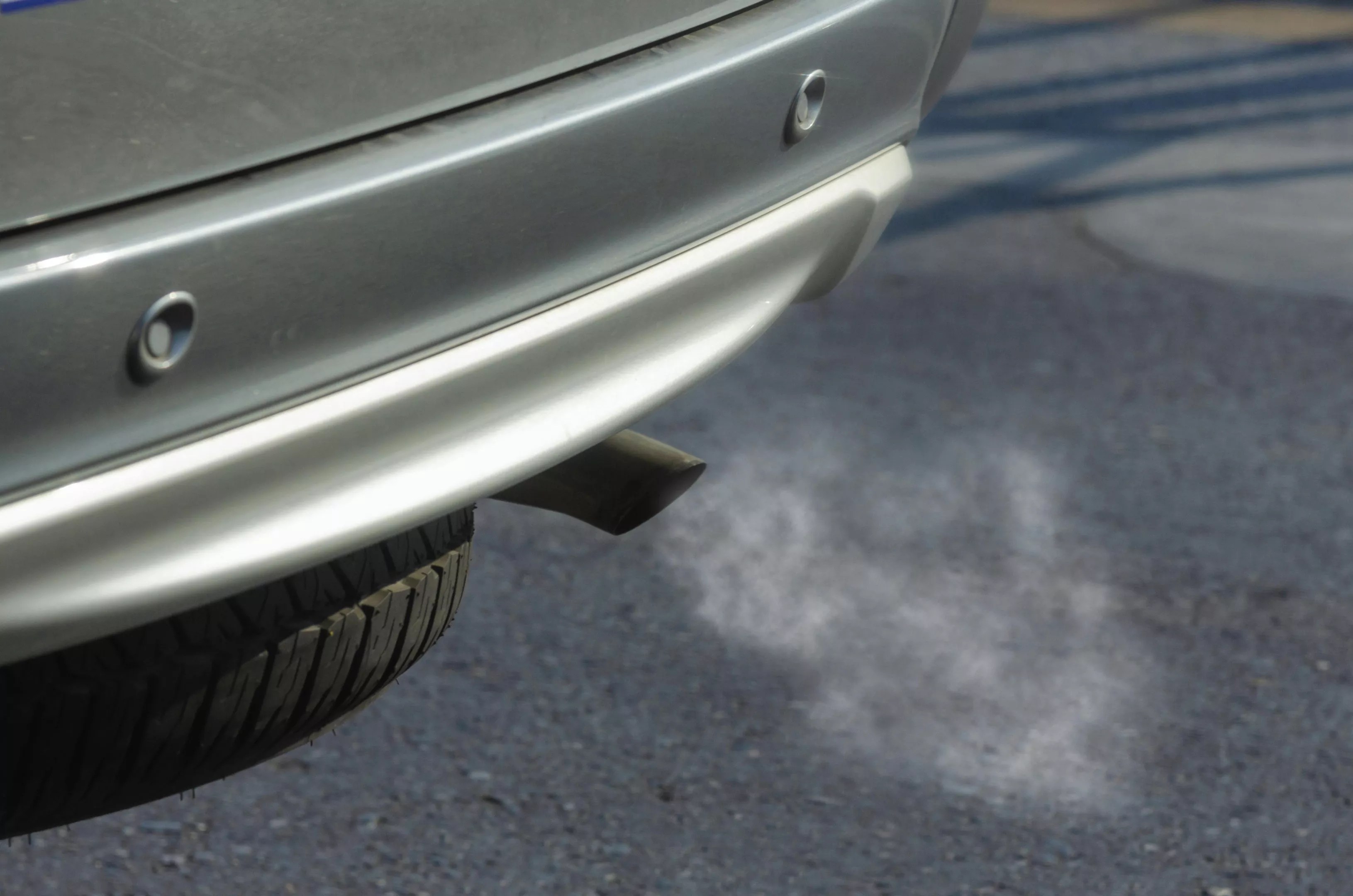
Khunkorn Laowisit/Pexels

Audio By Carbonatix
For the first time in more than two decades, Coloradans will likely see an increase in the fee they pay to receive vehicle emissions tests.
Right now, the state’s testing fee is $25 for vehicles made in 1982 and after, or $15 for vehicles made in or before 1981. Under Senate Bill 25-321 the fee caps could double to $50 and $30, respectively. The Colorado Air Quality Control Commission will determine the exact increase, though it cannot go higher than those new caps.
State legislators passed the bill on May 7, sending it to Governor Jared Polis for final approval. Supporters say the fee increase is necessary to create more testing stations, expand roadside remote testing, establish self-testing kiosks and increase wages for employees at the testing facilities.
“Some sit in line for two or three hours to get their car tested. …I can guarantee you, if we don’t get a fee increase, we will not reduce wait times,” Jim Brandon of Air Care Colorado told lawmakers during an April 30 committee. He named Parker and Adams County as areas particularly in need of more testing stations.
Air Care Colorado is the third-party contractor hired to perform the state’s emissions inspections. All of the money from the fee increase will go directly to the company, not to the state, lawmakers say.
If the governor signs the bill into law, this will be only the second time Colorado has increased emissions testing fee caps since the emissions program was established in 1995. The last increase was in 2003 – though that increase was only $0.75, according to Brandon.
“If the fees had gone up with inflation…the current fee would be $52.48,” bill sponsor Senator Robert Rodriguez said during the committee hearing. “It’s not trying to go higher or anything like that, it’s just tagged to inflation and puts us in a place where we can keep up and keep our air [clean].”
The bill will also create a grant fund to help eligible Coloradans pay for testing fees and vehicle repairs needed to pass the emissions inspection. The grant will be available to people who have high-emitting vehicles, are on public assistance programs or have already spent at least $450 on repairs trying to get into compliance.
“About 5 to 10 percent of vehicles in our state are causing about 50 percent of the [emissions] problem. …This bill is really about getting those dirty vehicles off the road,” Senator Barbara Kirkmeyer, another sponsor of the bill, said during a bill hearing earlier this year. “How do we get those high-emitters and make sure our air stays as clean as we can possibly get it?”
Three-quarters of legislators voted in support of the bill. Though it received bipartisan approval and sponsorship, only Republicans voted against the policy.
“The tax-paying widgets of Colorado need a break from the continuous increase in spending and fees,” Representative Ken DeGraaf said during the House debate on May 6 in opposition to the bill. “The people of Colorado are also hurting.”
A different bill that also passed this session, House Bill 25-1189, will similarly raise fees for vehicle titling and registration. If signed, that bill will require the Department of Revenue to increase those fees to account for inflation, though it restricts the increase from exceeding 5 percent per year.
Polis has until June 6 to sign, veto or let SB 321, become law.